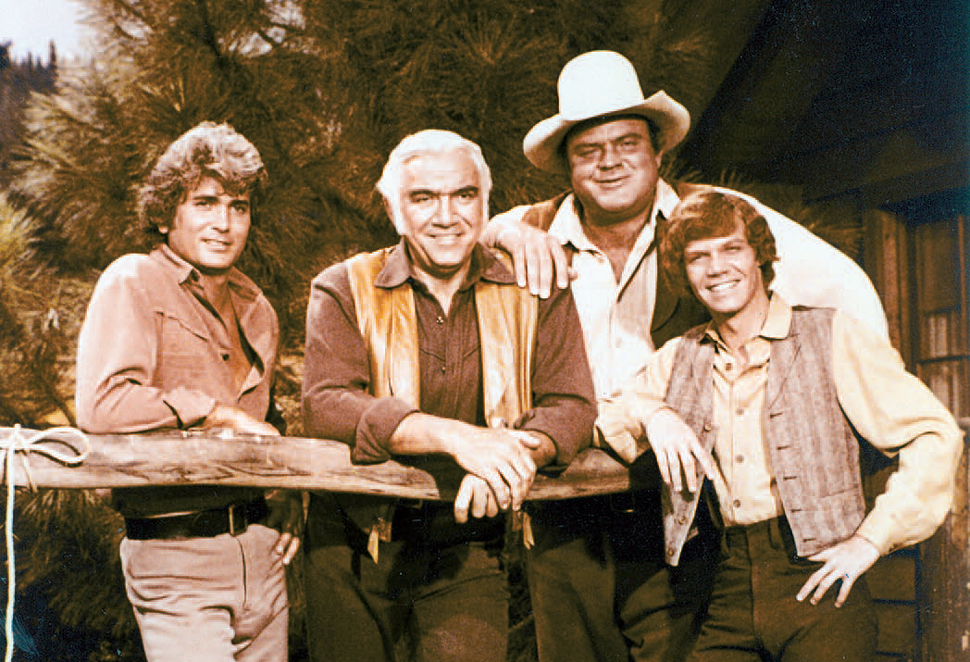Surely, even neurologists and rocket scientists will agree: Fatherhood is the toughest gig. No matter what a fellow does from 9 to 5, clocking in when he comes home to a full house is the true test of a man’s mettle. There’s no easy way out of being a good dad. That kind of accomplishment comes from daily recommitment to a bigger cause. Raising healthy, happy kids takes hard work. If you’re lucky enough to have a good dad, you know it didn’t come accidentally.
Unfortunately, not all of us have a great dad due to the sheer bad luck of the draw. Maybe that’s what makes good dads so impressive; they’re not a given, and that rarity makes them special. But, even when we’re left wanting by what we were dealt, we can take solace in TV. For lots of folks, television was the best parent available. It dispenses great life lessons, and we can learn a lot about socializing from observing how different characters interact. Among the best, wisest, and kindest of those characters was Ben Cartwright, the Bonanza patriarch portrayed by Lorne Greene.

Greene received a lot of fan mail, which mostly concerned his role as a good dad. According to a 1965 interview with The Sacramento Bee, Greene understood the importance of the character he played on TV, and how setting a good example could genuinely change lives of the viewers who tuned in.
“The reason I get so much mail from women and children is that I play the kind of father they always wanted,” said Greene, “a father who is firm and strong and yet is not ashamed or afraid to love.” This was a welcome change of pace to a lot of the stern, cold fathers that proliferated for much of the 20th century, both on TV and in real life.
“I think that’s the crying need in today’s world— men who care, men who love, men who place duty before pleasure, men who accept responsibility with pride,” Greene explained.

He knew a lot about what his character needed, too. Greene put a lot of work into carefully crafting Ben Cartwright, creating a more believable Bonanza dad. According to the actor himself, he spoke with producer David Dotort about changing what was on the page to bring Ben Cartwright closer to what the viewing audience needed.
“I told him the character of Ben Cartwright as written and as I was playing it was one-dimensional, without meaning or substance. I told him it was for the birds. ‘The audience can’t identify with a biblical fanatic,’ I insisted. ‘We’ve got to humanize the guy, to make him warm, to make him authoritative without being domineering. We’ve got to make him a loving father who commands respect through the force of his own personality, a good man, a strong man, a decent man.'”
All these years later, it’s clear that Greene was right. Ben Cartwright stands as one of the best dads in television history.
